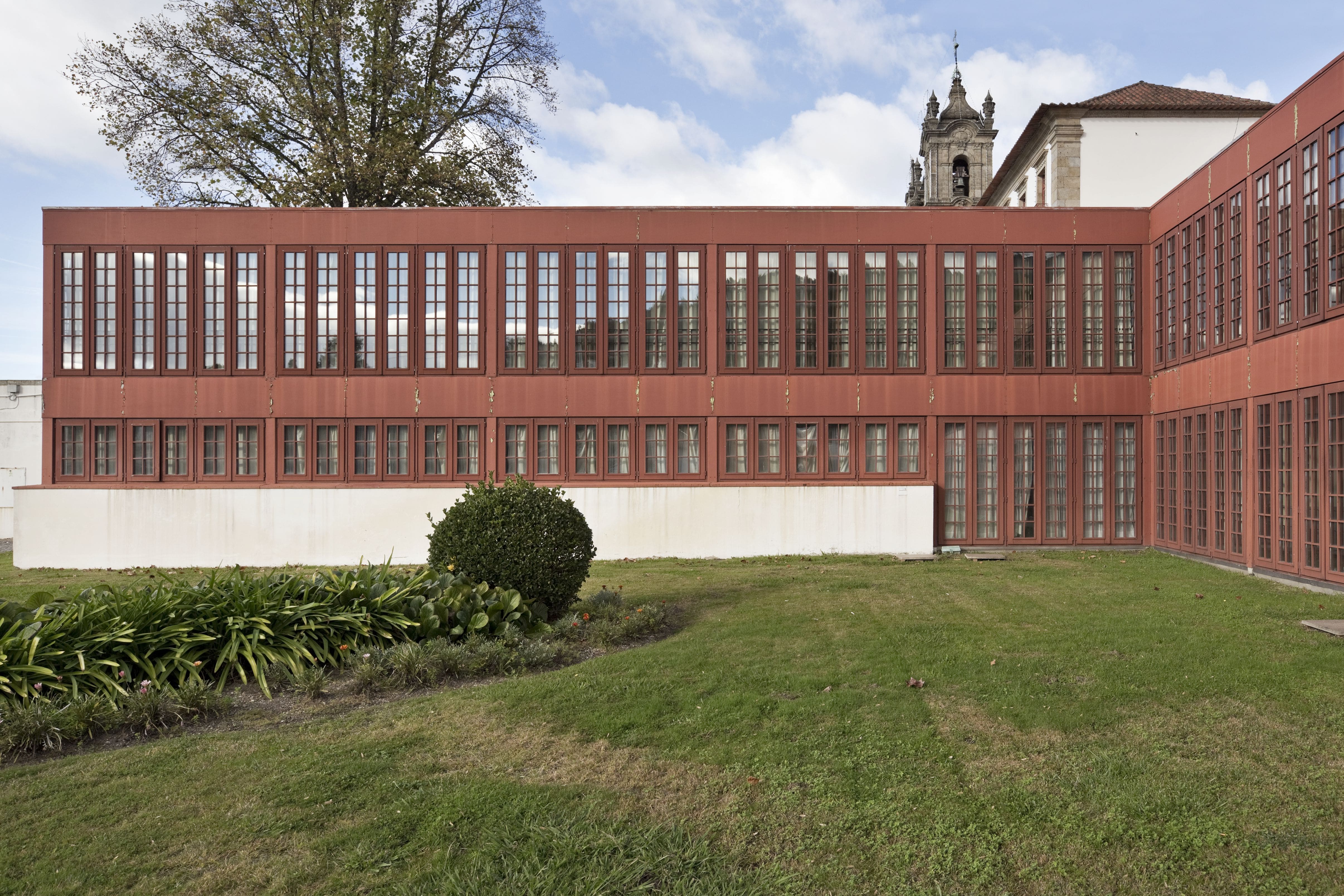H-ATLAS.Porto
Atlas of Architectural Heritage Design
Contributions from the School of Porto (1980-2020)

Atlas of Architectural Heritage Design
Start Year
2021 (Completed)
Duration
24 months
Principal Investigator
Co-principal Investigator
Funding Entity
FCT, Fundação para a Ciência e a Tecnologia
Call for SR&TD Project Grants 2020
Funding Value
49.945,00 euros
Project Reference
EXPL/ART-DAQ/1551/2021
Proposing Institution
CEAU-FAUP
Website
Abstract
As stated in the UN 2030 Agenda for Sustainable Development (UNESCO, 2016) the conservation, reuse and enhancement of architectural and urban heritage is not only a cultural aim, but also a social, ecological and economical demand. However, in the fields of urbanism / architecture / construction, there is still greater investment on new constructions, instead of reusing, enhancing and maintaining existing built heritage as a key resource for sustainable development and for endorsing local identities and collective memories. Also, despite some attempts (ICOMOS, 2019), there is still a lack of international theoretical and methodological frameworks of reference heritage design practices to counteract those strategies. Concurrently, knowledge is scattered, particularly about the last few decades, when scientific and technological advances have created new possibilities for architectural heritage design.
Portugal is no exception and, there is a large exceedance of new buildings and the rehabilitation/conservation sector is sharply under the European countries. Moreover, despite its long historical stratification and its 3,811 listed properties, there are no systematic studies about architectural design practices in cultural heritage in the last decades. While there are some studies about the history of conservation in Portugal from the late 19th century to the end of the dictatorship (1974), no global critical and technical documentation has yet been produced about the intense activity of interventions on architectural heritage in the last 50 years. What is now needed is a systematic compilation on processes and methods for architectural heritage design that allows for their translation into pedagogical use and improved practices in the future.
In this context, the Exploratory Project H-ATLAS.Porto intends to fill this gap, focusing on architectural heritage design practices by architects from the School of Porto, with the objective of making a first contribution to a more comprehensive study of the construction of a Project Atlas in Architectural Heritage in Portugal. This first contribution for a broader project starts by the so-called School of Porto, which has been both a national and international reference in the architectural panorama (Frampton, 1991) with two Pritzker Prize winners (Alvaro Siza and Eduardo Souto Moura). Also, the School of Porto Masters (Fernando Távora, Alcino Soutinho, Alvaro Siza and Eduardo Souto Moura, among others) have left an important legacy and pedagogy in architectural heritage design (Ferreira 2018b), which has been perpetuate by their disciples until the present moment. However, this knowledge is scattered and 'design memories' are in danger of being lost, so H-ATLAS.Porto intends to compile, systematize and disseminate this reference practices and thus improving future interventions on the architectural heritage.
The H-ATLAS.Porto project will involve the following tasks: 1) Theoretical and conceptual Contextualization (international, national, regional) and definition of indicators. 2) Georeferenced Inventory of works and selection of projects to be documented. 3) Detailed Documentation of best practices testing methodologies for analyzing, interpreting and documenting architectural design projects. 4) Dissemination and transfer of knowledge, through different actions: collaborative workshop and conference organization, the publication of a book, participation in conferences and publication of articles, among others. Also, with broader impact on society and non-specialist audience, the project foresees virtual exhibitions (with virtual tours to the buildings and videos), visits to the works and the preparation of an illustrated H-ATLAS.Porto Map with selected projects executed within the established timeframe.
Finally H-ATLAS.Porto is framed within the UNESCO Chair ‘Heritage, Cities and Landscapes. Sustainable Management, Conservation, Planning and Design’ and contributes to the advancement of knowledge through the study and enhancement of Portuguese heritage and architecture within a national and international framework.
Team
Teresa Cunha Ferreira (Investigador Responsável)
Faculdade de Arquitectura da Universidade do Porto
Rui Fernandes Póvoas (Co-Investigador Responsável)
Faculdade de Arquitectura da Universidade do Porto
Nuno Valentim Lopes
Faculdade de Arquitectura da Universidade do Porto
David Ordoñez
Faculdade de Arquitectura da Universidade do Porto
Luís Urbano
Faculdade de Arquitectura da Universidade do Porto
Clara Vale
Faculdade de Arquitectura da Universidade do Porto
Consultants
Marta Oliveira
Faculdade de Arquitectura da Universidade do Porto
José Aguiar
Faculdade de Arquitectura da Universidade de Lisboa
Antonio Esposito
Universidade de Bolonha
Nivaldo Andradade
Universidade Federal da Baia
Carlos Quintáns
University of La Coruña
Martin Boesch
University of Mendrisio
Collaborators
Other researchers and staff
Eleonora Fantini
Miguel Coutinho
Clara Luz
Paulo Mota
Hugo Mendonça
Tiago Cruz
Pedro Murilo de Freitas
Students
Mathilde Alves
Yanne Mendonça
Luiza Ielpo
Poliana Marques
Júlia Rizzo
Matheus Astore
Luiza Sant'Anna
Jade Simony
Tomer Malka
Christina Hübler